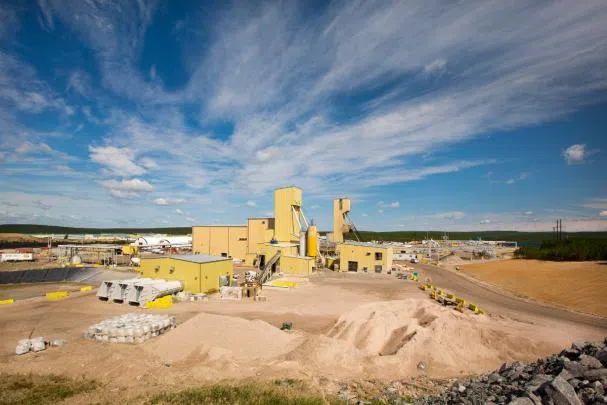
Cameco marks 25th year in 2013
paNOW Staff
Saskatchewan-based uranium mining giant Cameco celebrated its 25th anniversary in 2013.
CEO Tim Gitzel said wrapping up 10-year license renewals for its Rabbit Lake, Key Lake and McArthur River mines and getting production started at its new Cigar Lake facility were highlights on the business side for the company.
“We've got a great workforce that's performed. We've had some great successes in our mining activities. So the company itself has done very well,” he said.


